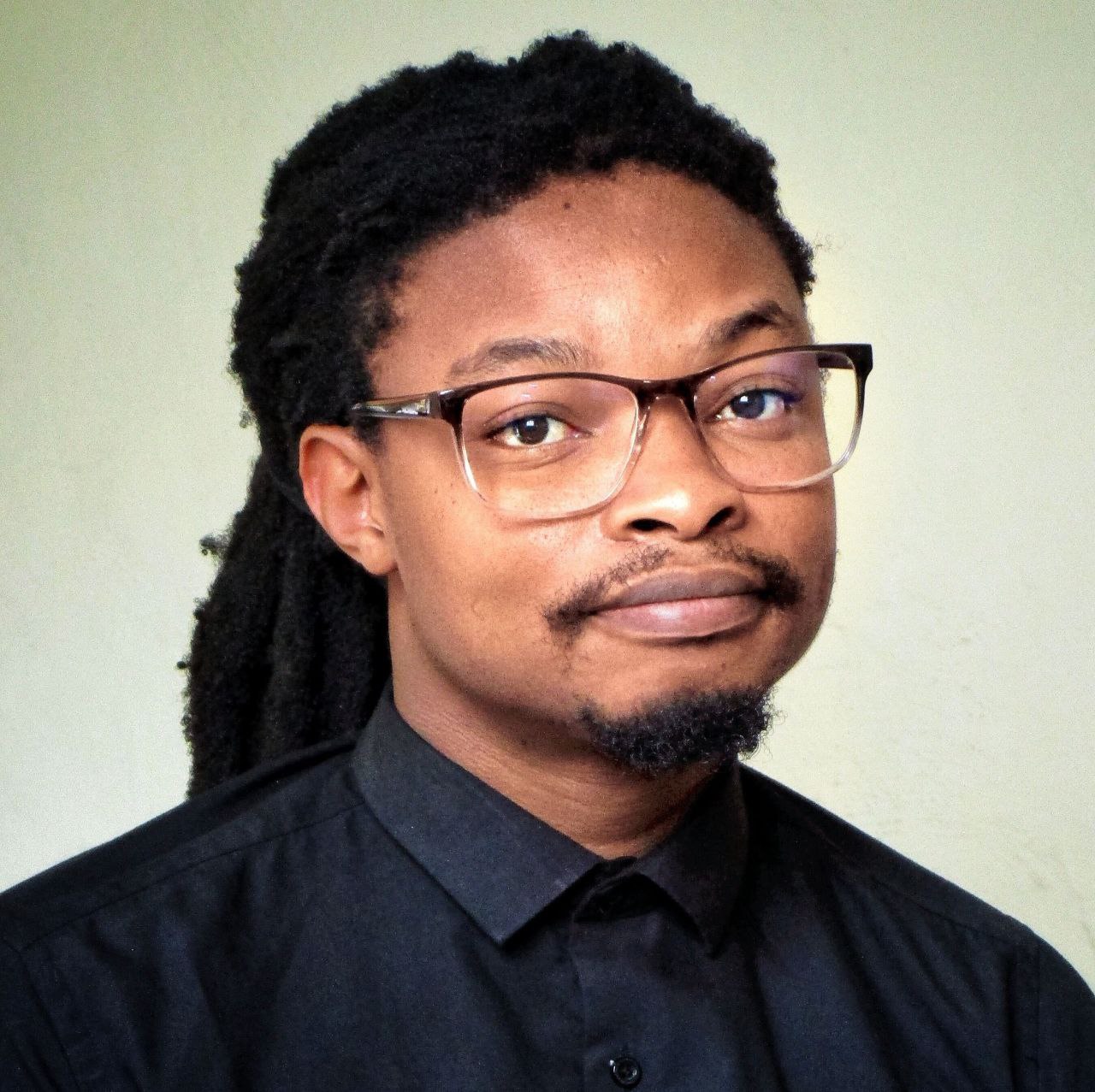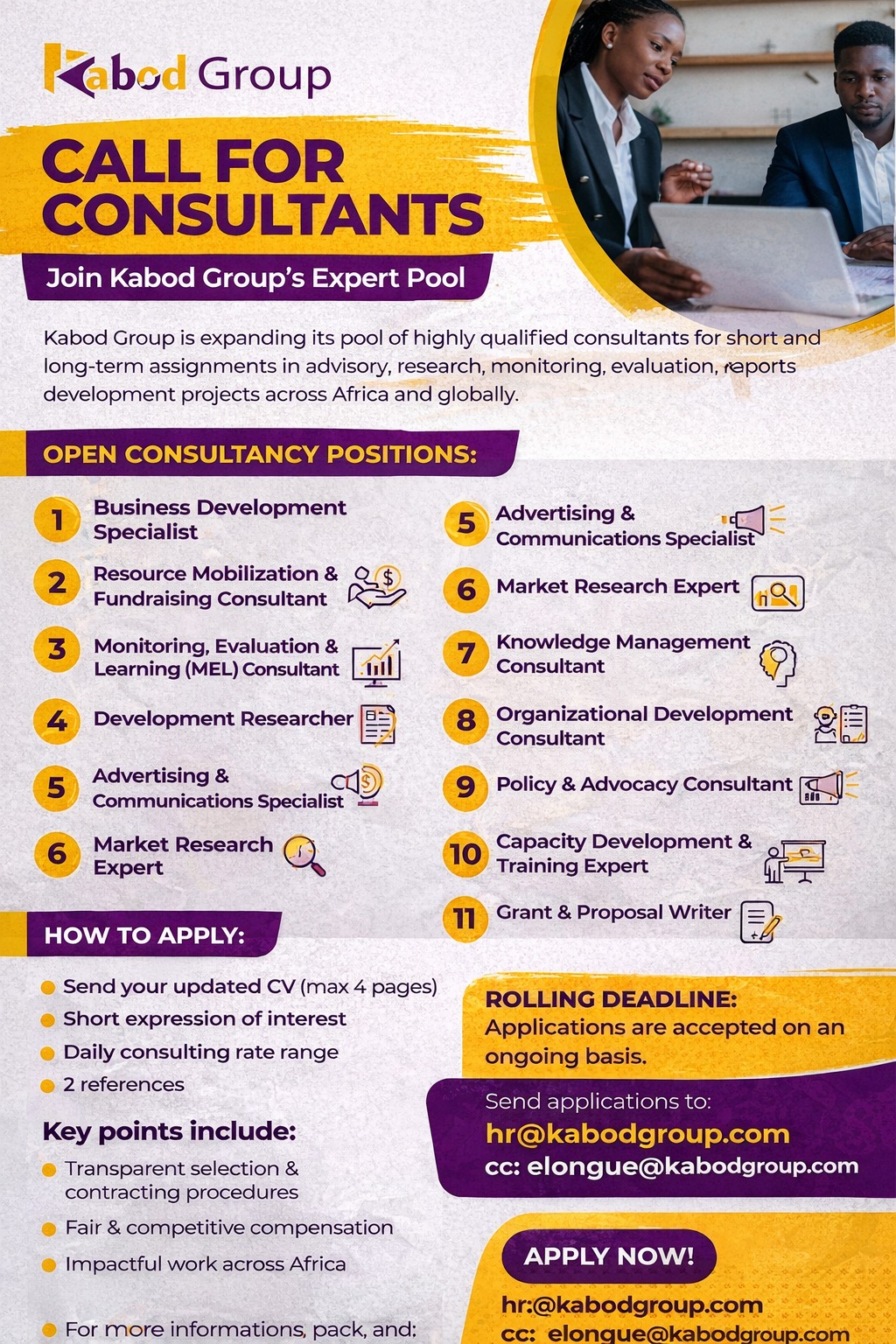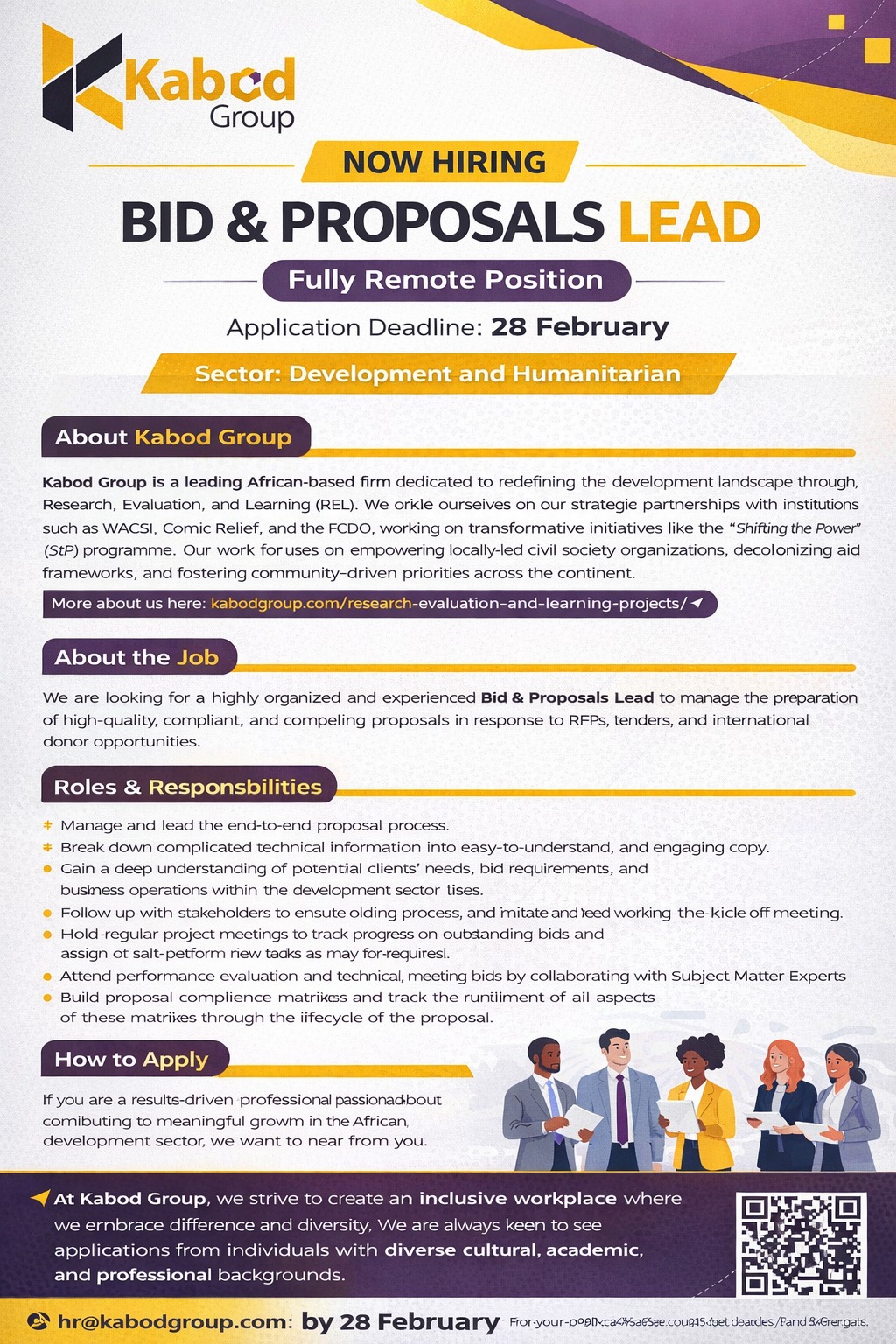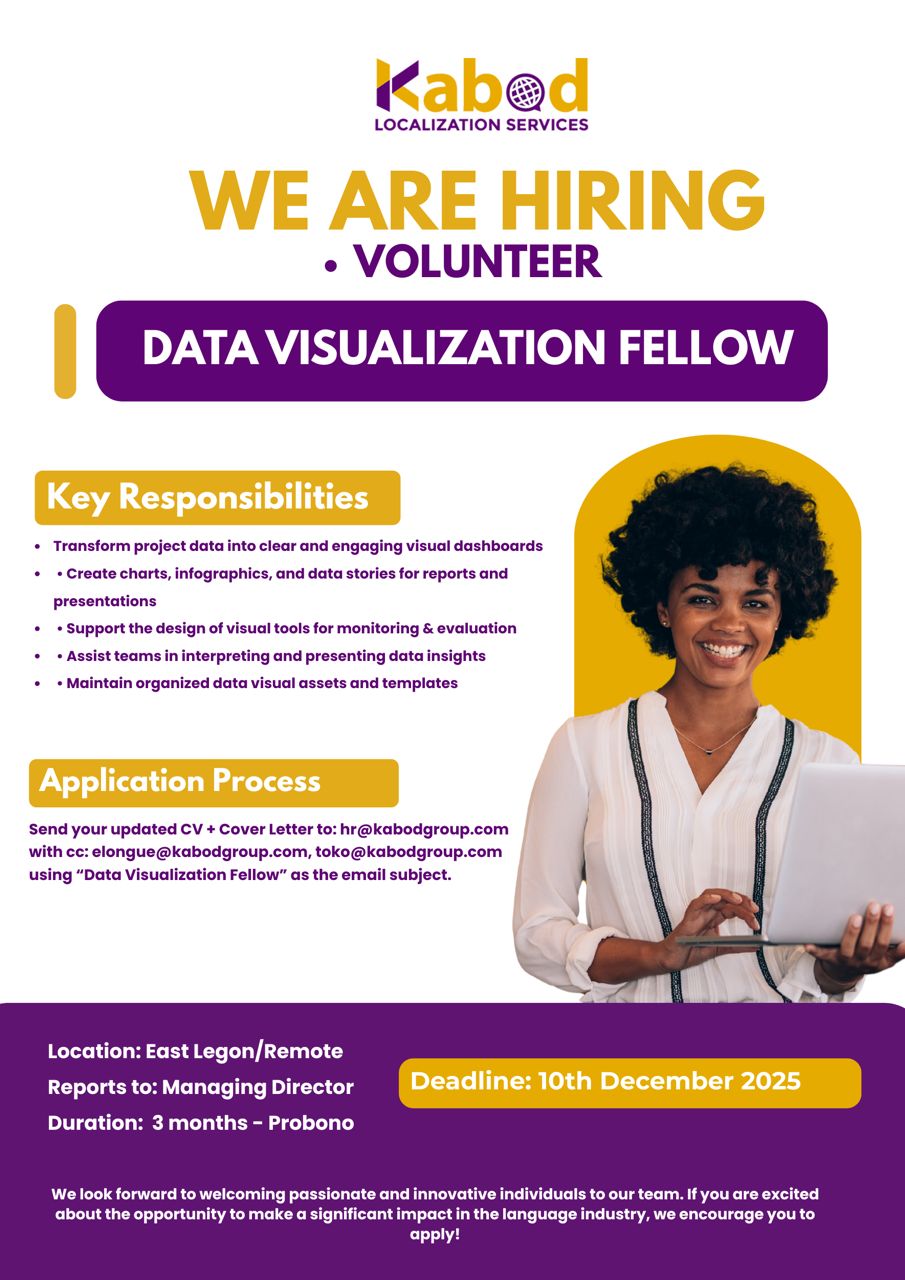Breaking Barriers: Translating Science in African Languages
Introduction:
In a recent conversation with Sibusiso Biyela, a Science communicator and co-host of the podcast “IlukuLuku,” we delved into the inspiring journey of translating science into Isizulu, a South African language. This dialogue sheds light on the motivations, challenges, and future aspirations of this groundbreaking initiative.
Christian Elongué: Could you please introduce yourself and tell us what inspired you to start the podcast?
Thank you, Christian. I am a Science Communicator and writer, and my passion lies in making scientific knowledge accessible to all. The inspiration behind the podcast came from my own experience of having to learn English before delving into the world of science. I wanted to bridge the gap and make science accessible to those who speak Isizulu, my home language.
Christian Elongué: What has been the response from the audience since you started the podcast?
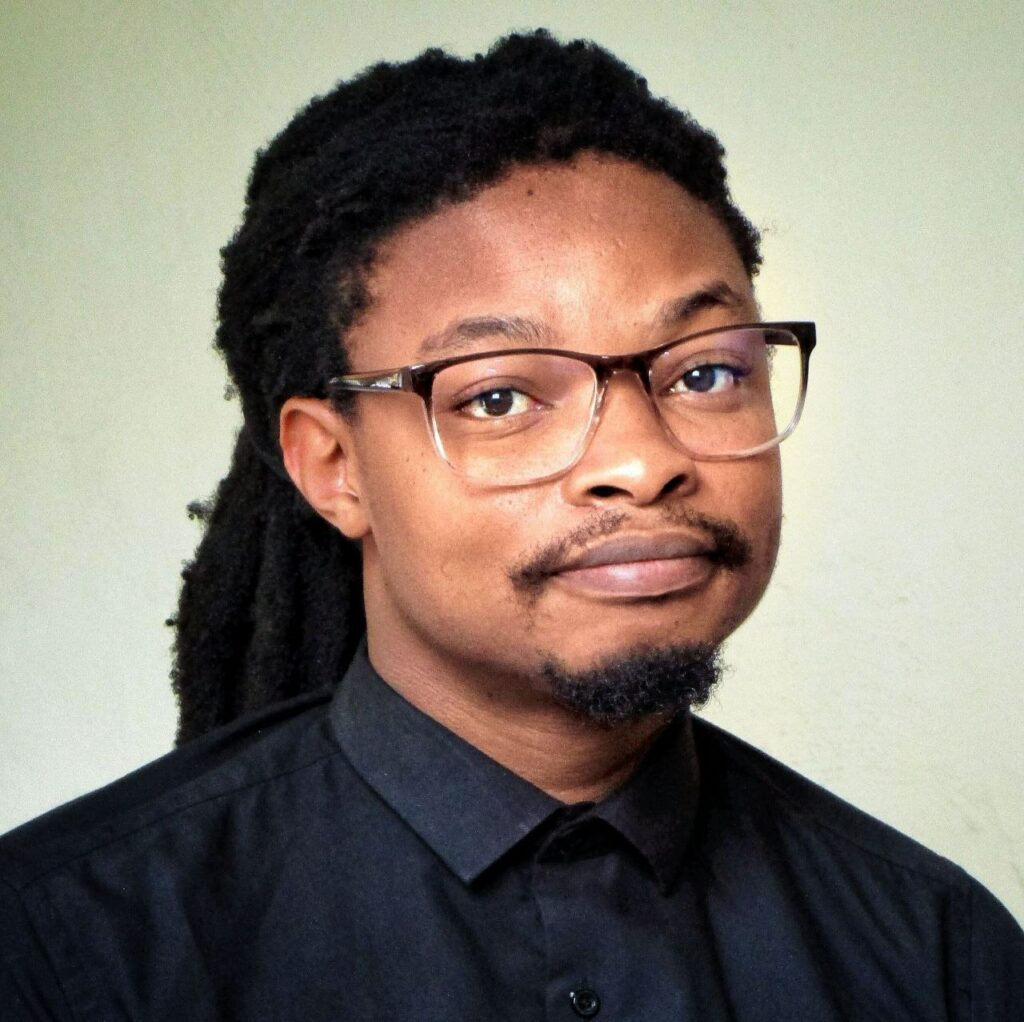
Initially, we received positive feedback from professionals in the science communication and translation space. However, the real impact came when we started engaging with our listeners. We encouraged them to participate by suggesting translations for scientific terms in Isizulu.
The engagement has been incredible, with people expressing their thoughts, sharing their understanding of science, and even challenging certain concepts. It has been a rewarding experience to witness the engagement and interest from our audience.
Christian Elongué: How is podcasting received in South Africa, and what opportunities do you see for sharing African languages through this medium?
In South Africa, podcasting has gained momentum in recent years, thanks to improved internet access and lower data prices. People are increasingly listening to podcasts across various niches, including lifestyle, events, and now science. The podcast market is open and growing, providing an opportunity to reach a wide audience. However, it is essential to create content that caters to specific interests, such as science in African languages. While monetization is still a challenge, the low production costs of podcasting make it a sustainable and accessible medium for sharing African languages.
Christian Elongué: In terms of sustainability, what challenges have you encountered in producing the podcast, and what lessons have you learned along the way?
One of the main challenges has been the lack of existing scientific terminology in Isizulu. However, we turned this challenge into an advantage by involving our audience in the translation process. By co-creating the terms with our listeners, we ensure that the translations resonate with them and are culturally relevant. Another challenge has been the need for timely editing.
I have learned the importance of editing episodes immediately after recording to ensure a smooth production process. Overall, the experience has taught me to trust in the audience’s ability to understand science and to involve them actively in the journey.
Christian Elongué: If someone wants to start a podcast in their local African language, what advice would you give them?
My advice would be to trust in your audience’s ability to understand science. Do not underestimate them. Involve them in the process and let them take part in the creation of scientific knowledge in their own language. By discussing science and the scientific process, you empower your audience to engage with the subject matter and develop a deeper understanding. Collaboration and co-creation are key to making science accessible in African languages.
Christian Elongué: What are your long-term plans for the podcast and your initiative?
Our vision is to create a comprehensive database of scientific terms in Isizulu, accessible to anyone interested in learning about science in their own language. We aim to partner with organisations to secure funding and support for the podcast, allowing us to produce more episodes and reach a wider audience.
Additionally, we are working on other projects, such as translating scientific articles into African languages. Our ultimate goal is to empower Africans to conduct science in their own languages and foster a sense of ownership over scientific knowledge.
Conclusion
The journey of translating science into African languages is a groundbreaking initiative that aims to break down language barriers and make scientific knowledge accessible to all. Sibusiso Biyela’s podcast, “IlukuLuku,” exemplifies the power of collaboration, co-creation, and audience engagement in achieving this goal.
By involving listeners in the translation process and fostering a deeper understanding of the scientific process, the podcast is paving the way for a future where science can be conducted and discussed in African languages. With continued support and recognition, initiatives like “IlukuLuku” have the potential to revolutionise science communication and empower African communities to embrace and contribute to scientific knowledge.

